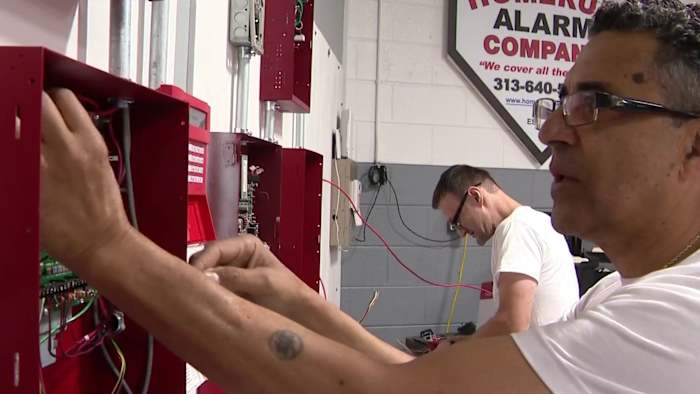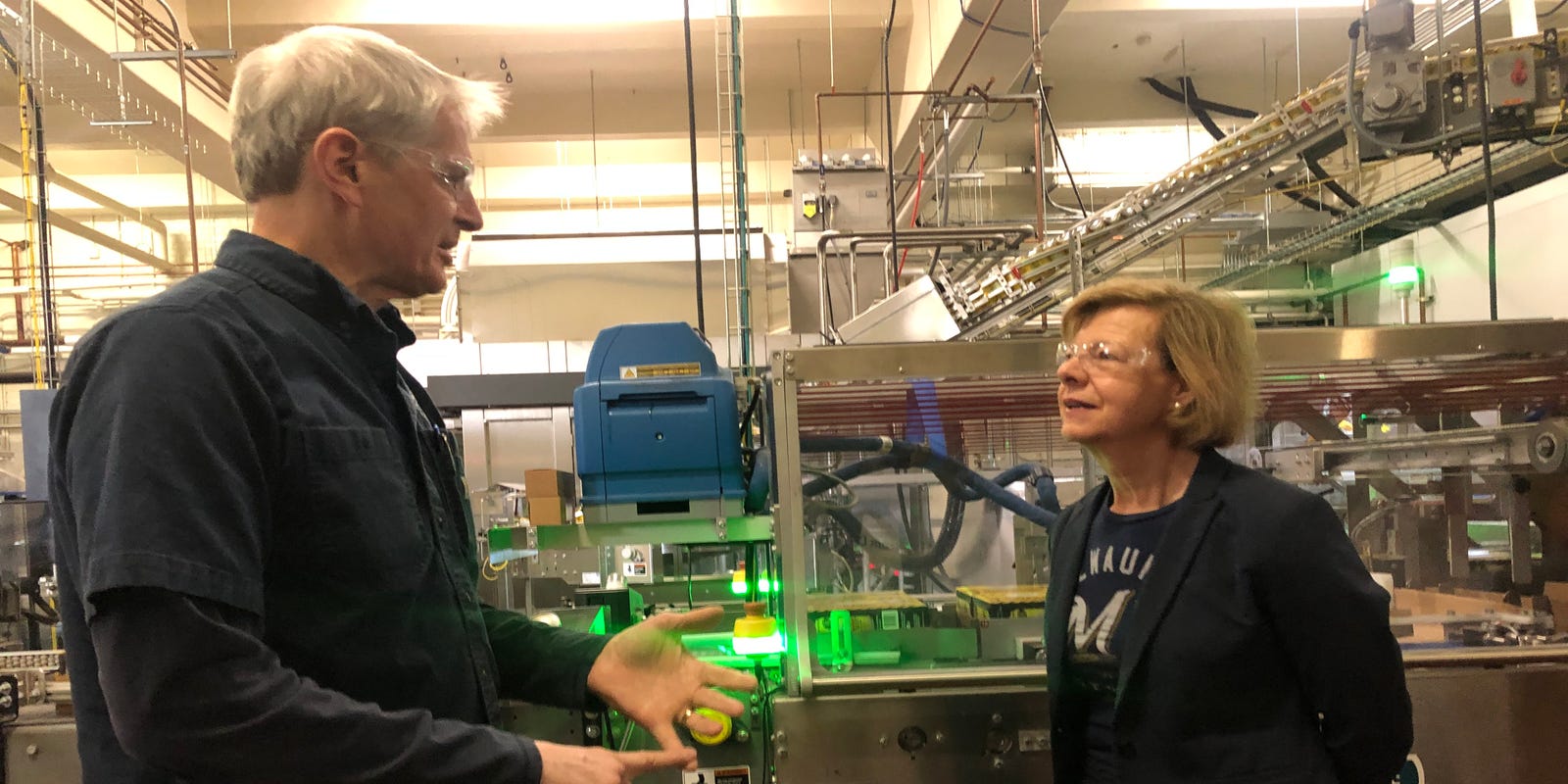Breaking: Local Business Launches Revolutionary Apprenticeship Model to Solve Skilled Trade Shortage

Bridging the Skills Gap: Local Entrepreneur's Innovative Approach to Workforce Development
In Clinton Township, business owner Greg Delione is revolutionizing workforce training by creating groundbreaking programs that empower individuals to earn while they learn. Recognizing the critical shortage of skilled trade workers, Delione has developed a strategic solution that addresses the growing demand for trained technicians in the fire alarm and security system industries.
By offering hands-on learning opportunities that combine practical training with competitive compensation, Delione is not just filling job vacancies but also providing career pathways for aspiring professionals. His innovative approach transforms traditional apprenticeship models, making technical education more accessible and attractive to potential workers.
These programs represent a forward-thinking solution to the skilled trade worker shortage, offering a win-win scenario for both employers and employees. Participants gain valuable skills, real-world experience, and financial stability, while businesses secure a pipeline of qualified, motivated technicians ready to meet industry challenges.








